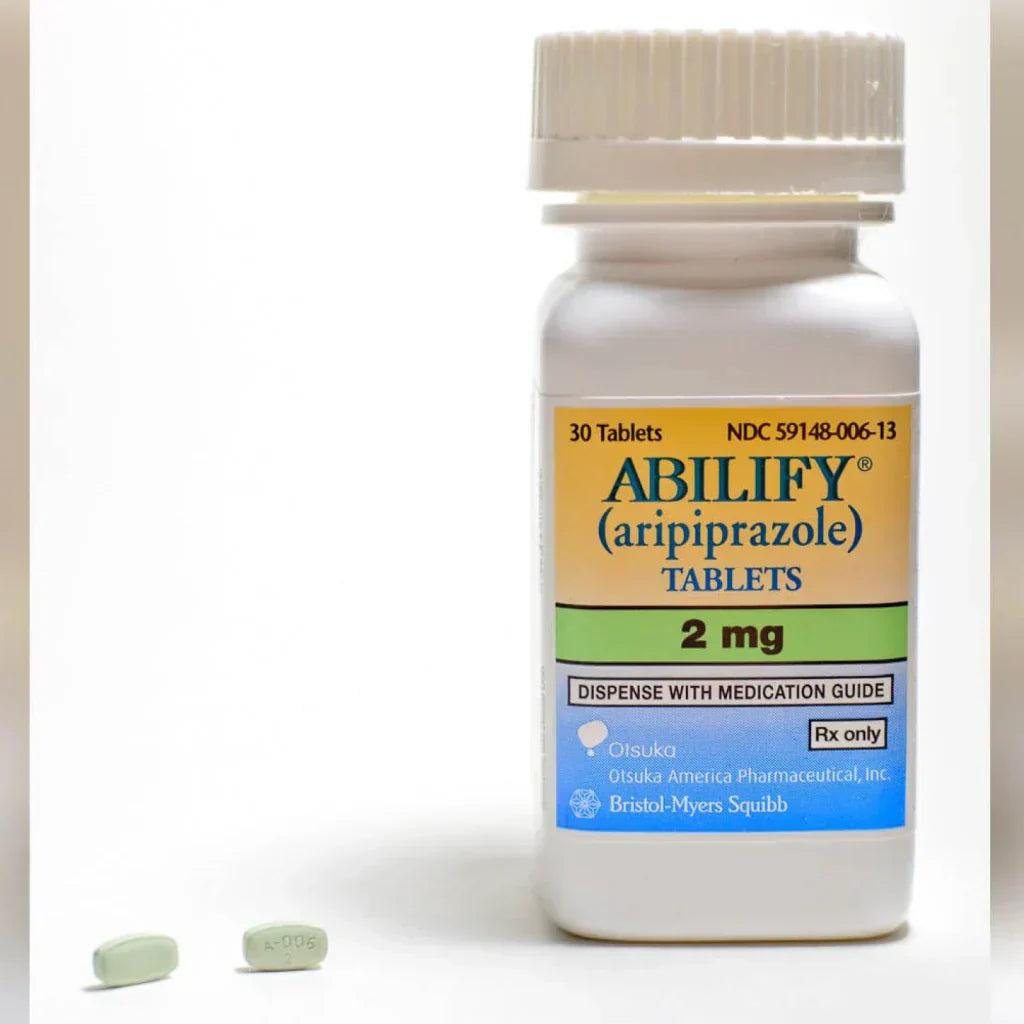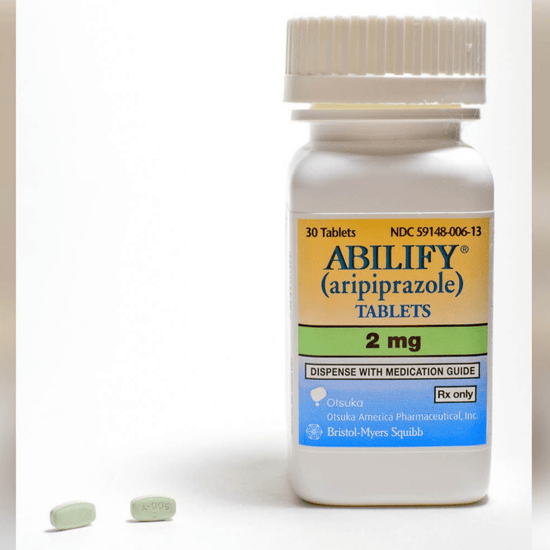
 Instagram
Instagram
Abilify: Uses, Side Effects & Benefits

Related products
In order to treat schizophrenia, bipolar disorder, and major depressive disorder, doctors prescribe the antipsychotic drug abilify. Additionally, uses not covered by this medication guide are possible. The prescription drug Abilify comes in tablet, solution, and intramuscular injection forms. The tablet should be swallowed whole, with or without food. The remedy is ingested with or without food. The intramuscular injection is administered by a medical professional. Drowsiness, headaches, constipation, upset stomach, weight gain, and mild jitteriness are among the side effects of Abilify that are frequently experienced. This article is intended for informational purposes to help Welzo users understand Abilify.

What is Abilify?
Atypical antipsychotic drug Abilify (aripiprazole) is used to treat schizophrenia, bipolar disorder, and major depressive disorder. It functions by reestablishing the equilibrium of some natural chemicals in the brain. Additionally, abilify may be used for situations not covered in this medication guide. If you have an aripiprazole allergy, do not take Abilify. If you have liver disease, heart disease, high blood pressure, a history of a heart attack, stroke, or blood clot, epilepsy or another seizure disorder, a history of a head injury or brain tumor, dementia (memory loss and decreased ability to think clearly), another mental illness, diabetes, low blood sugar, trouble swallowing, or if you are pregnant or nursing, let your doctor know so they can make sure Abilify is safe for you. When first starting an antipsychotic medication, some young people experience suicidal thoughts. During routine visits, your doctor should assess your progress. Also on the lookout for any changes in your mood or symptoms should be your family or other caregivers. FDA category C for pregnancy. Whether Abilify will harm an unborn child is unknown. If you intend to become pregnant while taking this medication, let your doctor know right away. Because it can enter breast milk, aripiprazole poses a risk to nursing infants.
Benefits of Abilify
Major depressive disorder, bipolar disorder, and schizophrenia can all be treated with it. Possibly used for additional conditions not covered in this medication guide. can balance specific organic chemicals in the brain. Abilify risks include: -Use caution if you have a aripiprazole allergy. Aripiprazole can pass into breast milk and may harm a nursing baby. -When first taking an antipsychotic medication, some young people experience suicidal thoughts.
Side effects
Drowsiness, headaches, constipation, upset stomach, weight gain, and mild jitteriness are among the most frequent side effects. - If you experience any of these dangerous side effects, call your doctor right away: tremor, restlessness, sweating, and tongue or mouth movement (tardive dyskinesia) -stiffness in your muscles, variations in your heartbeat, seizures, easy bleeding or bruising -unusual frailty, -fever, chills, sore throat, and other flu-like symptoms -vomiting and feeling sick; -loss of coordination or balance; a mask-like face jaundice (yellowing of the skin oreyes), changes in vision, an upset stomach orthe urge to vomit, or increased hunger, thirst, and urination due to high blood sugar mouth dryness -sleepiness, perplexity.
Dosage and admissibility
Abilify's starting dosage is typically 10 or 15 mg once daily. If necessary, the dose can be raised to a maximum of 30 mg once daily. Children and adolescents (ages 6 to 17) should take 2 to 15 mg once daily. If necessary, the dose can be raised to a maximum of 30 mg once daily. You can take Abilify with or without food. It's crucial to take this medication exactly as your doctor has advised. Take the missed dose as soon as you remember and carry on with your regular schedule after that. Take only one dose at a time, unless your doctor instructs you to take two.

















 Rated Excellent by 26,523+ Reviews
Rated Excellent by 26,523+ Reviews